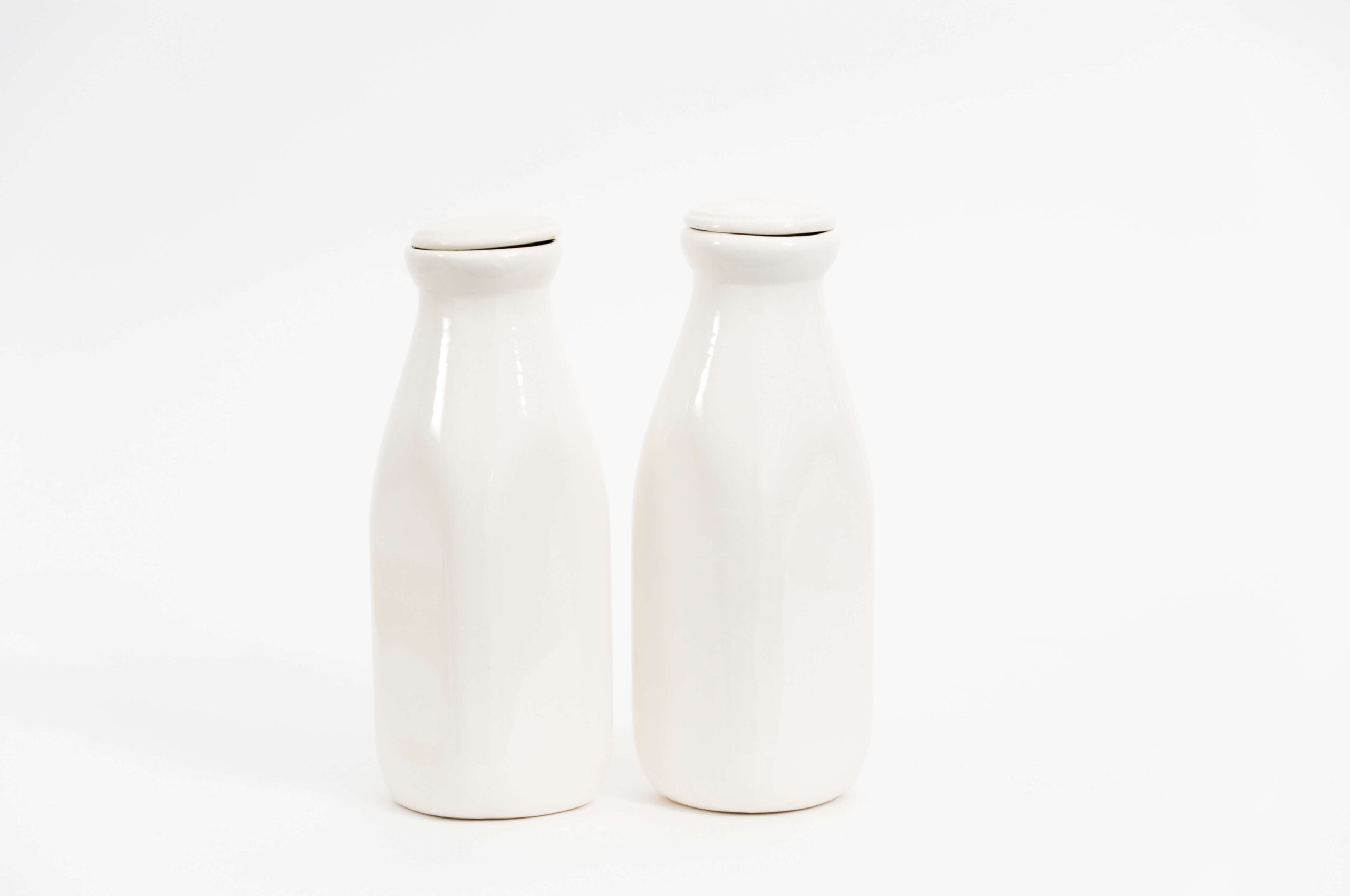Soya milk, almond milk, coconut milk, goat’s milk. The market for milk for those with an intolerance to dairy is booming. These products spawn alternatives to other dairy products such as cheese and butter. To live with an intolerance to dairy is no longer to forego some of your favorite foods and drinks. Once diagnosed with an intolerance to dairy, there is now no need to worry about being restricted in your diet.
 But how do you know whether you have an intolerance to dairy? What are the symptoms you should be looking out for? And is there a way to test whether you have an intolerance for sure?
But how do you know whether you have an intolerance to dairy? What are the symptoms you should be looking out for? And is there a way to test whether you have an intolerance for sure?
Symptoms
Stomach pain and bloating are commonly associated with an intolerance to dairy products. When your body lacks the enzyme called “lactase” the bacteria in your gut will step in and, in the process, they produce excess amounts of gas which remain within the digestive system. This trapped gas will sit in the stomach and cause bloating, which can make you feel like you’ve put on weight. You might also experience the pain of trapped wind, which can have you bent double in pain.
Diarrhea is another symptom you’ll likely experience with an intolerance to dairy. If you find yourself rushing to the toilet every time you consume a dairy product, you’re probably experiencing symptoms of an intolerance to dairy. When you consume dairy with an intolerance, your body detects it and acts quickly to remove it from your system. The fastest way is to draw water from cells into the digestive system and mix it with feces to create quicker moving diarrhea.
Conversely, you might also experience constipation. Because the body can’t break down the problem substance, it causes your stool to harden, which makes it much more difficult to pass. Until you identify an intolerance to dairy, you might not even realize this to be the cause.
Intolerance Test
As you can see, the symptoms associated with an intolerance to dairy could easily be mistaken for signs of another condition which you expect to pass on its own. But when the symptoms hang around, and they seem to occur whenever you eat or drink dairy, you are very likely looking at an intolerance to dairy. The best way to find out is with an intolerance test. Our tests assess you against up to 680 different food items. Find yours today.





